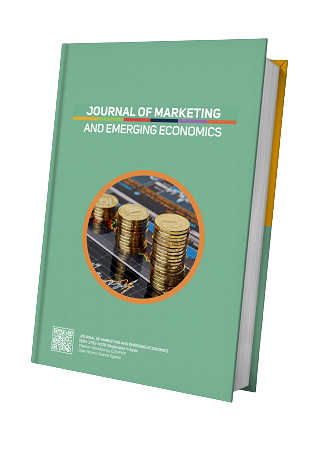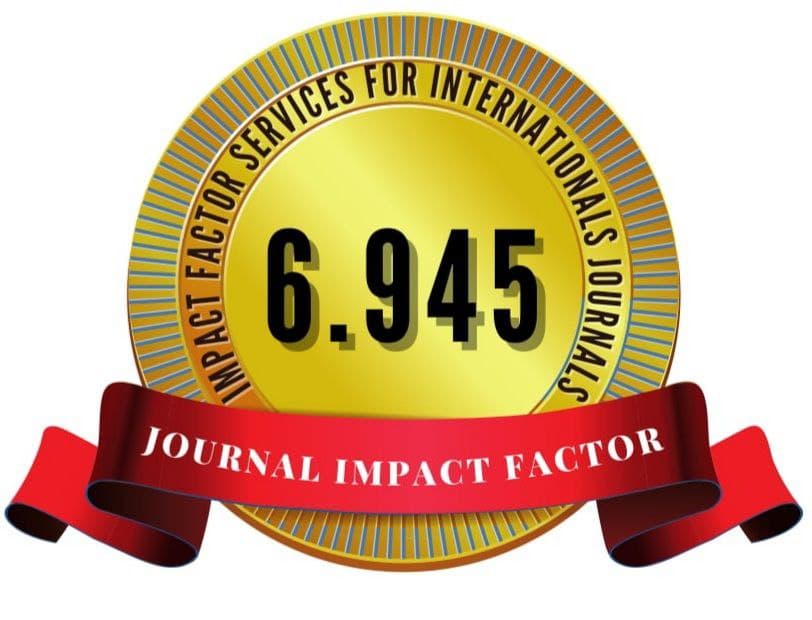Resources Control in an Emerging Economy: Its Prospects and Challenges
Keywords:
Resource, Economy, Prospects, ChallengesAbstract
Resources control has been on the front burner of the national discourse since the return to democracy in Nigeria. Most parts of the country, mainly oil-producing States, have been agitating for resource control to reflect true federalism. However, these agitations were confronted with negative responses from the Federal Government of Nigeria by militarizing the region; thus, turning the region into a theatre of war. It is against this backdrop that this study examined the resources control agitation in an emerging economy and its prospects and challenges in Nigeria. Conflict theory by Karl Marx was adopted for the study. The study was based on the qualitative method. Data were gathered through secondary sources such as textbooks, Journals, Newspaper, and Government publications. The secondary data were subjected to content analysis. The study findings revealed that Nigerian federalism and dependence on federal allocation, are the major causes of resource control agitation in Nigeria. Therefore, the study recommended that the 13% formula for the development of oil-producing states (Niger Delta States) be raised to 18% with tight measures to monitor the utilization of funds to avoid mismanagement which may not be ruled out in a country like Nigeria that is infested with the cankerworm of corruption. Public opinion over this important subject should not be handled with levity, rather, it should be seen as a necessary input capable of yielding desired results for the good of the nation.






